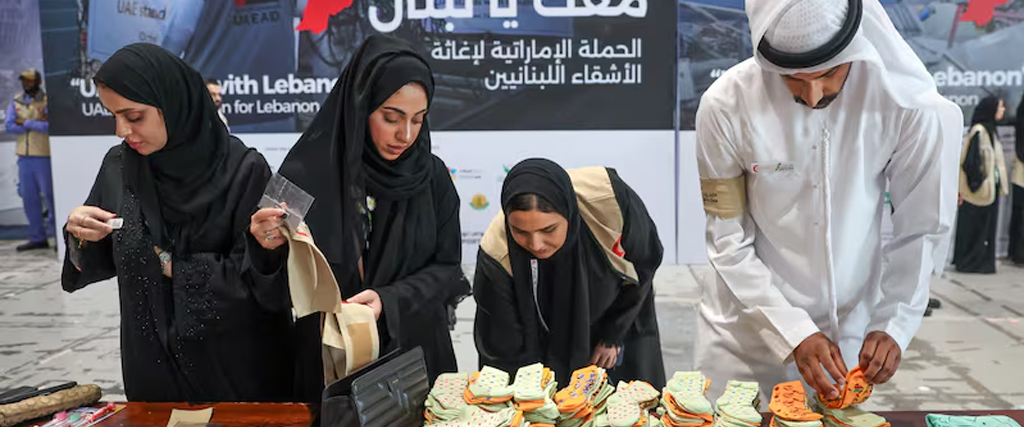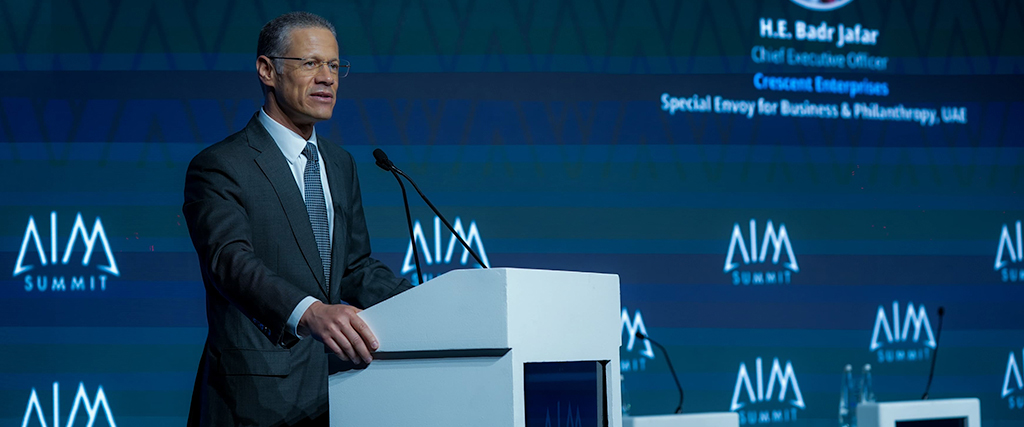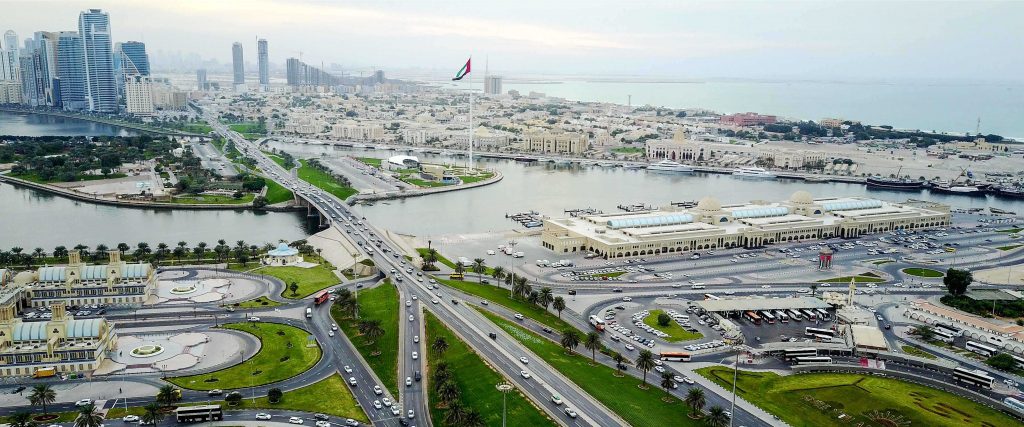The Business Case For Socially Responsible Investing
Research has exposed that nearly all new net job creation in developed economies derives from new, small businesses, which make up over 70% of economies in these countries. By contrast, our region’s small and medium enterprises (SMEs) make up less than 20% of our region’s economy on average. This makes the imperative for investing in the SME sector paramount, especially when we consider that just to stop unemployment figures from rising, we need to create over 120 million new jobs over the next twenty years, more than was created in total over the past 100 years.
Social responsibility is a multi-stakeholder process, which must be promoted from the home to the school, and from the government to the business community, so that through socially responsible investment we can begin to tackle our Region’s socio-economic challenges head on. This is social entrepreneurship, and can be achieved by one and all.
Public-private-people partnerships have proven that the transfer of skills and knowledge to youth can be systematic, institutionalised and successful when led by the Private Sector and enabled by the Public Sector. When this is combined with a triple bottom line – profits, people and planet –approach to business then we potentially have the recipe for a truly successful long term and sustainable economy.
So what is social entrepreneurship? It is about utilising the Private Sector, through incentive-based partnerships with the Public Sector, global agencies and the non-profit sector, to embrace the many issues that face our increasingly globalised society, and integrating this approach into the fabric of our business models.
The days of defining successful businesses as simply profitable businesses are coming to an end. Across the global business community we are reconstructing our business models into ones that are incentivized by profitability in addition to generating a positive and measurable net impact on society as well as our environment.
This means that the days of “either or” thinking, or the belief that there is a zero-sum calculation to be made while investing in business, are over. We are in a world now where businesses can do good, while doing well at the same time. Impact investing, which is key to driving social entrepreneurship, means that the two can co-exist within a shared value framework of returns and impact of the projects in which a company invests. The model that is steadfastly evolving is one where community benefit and sustainability are what drives the value creation required by investors to achieve their profit demands.
This is the repackaging of capitalism into what is being referred to as creative capitalism – the reorganisation of our marketplace of ideas and egos in order to reconcile our financial interests with the need to deliver on our responsibilities to our societies and our environment.
Already the opportunities for this model are growing rapidly. A recent report from the Monitor Group estimates a potential growth of the impact investing industry from its present $50 billion in assets to over $500 billion in assets within the next decade.
Founded in 1981, Ashoka: Innovators for the Public, promotes global social entrepreneurship; a term first coined by the organization’ founder Bill Drayton. Ever since, Ashoka has been one of the leading facilitators of business-led innovation focused on social impact across the globe. Ashoka Arab World which was launched in 2003 has already nurtured social enterprises ranging from microfinance institutions and online education platforms for the poor, to low-cost sewerage systems in congested rural communities and job placement platforms for the disabled, and which has directly affected the lives of more than 10 million people across 7 countries in the Arab World through sustainable and scalable business models.
So what does this mean for the Gulf Region?
Business leaders across the Gulf have worked hard to ensure that our Region’s markets have an increasingly important role to play in the global economy, and the cornerstones of our vision must embrace the values which from time immemorial have been part of the collective consciousness of the human species which have ensured our survival, and which have stood the test of time: respect for life, human dignity and worth; responsibility towards future generations; and protection of our habitat.
The time is now ideal for our uniquely placed markets to lead this new business culture across the Arab World on account of the domestic talent pool, the exposure to international standards of best practice, and the vision of our Leadership to drive positive change from within our business communities.
as featured in The National on 22nd April 2014

 Tweets by @BadrJafar
Tweets by @BadrJafar




